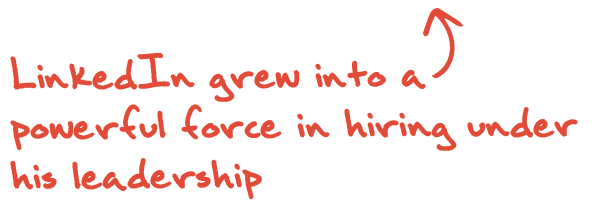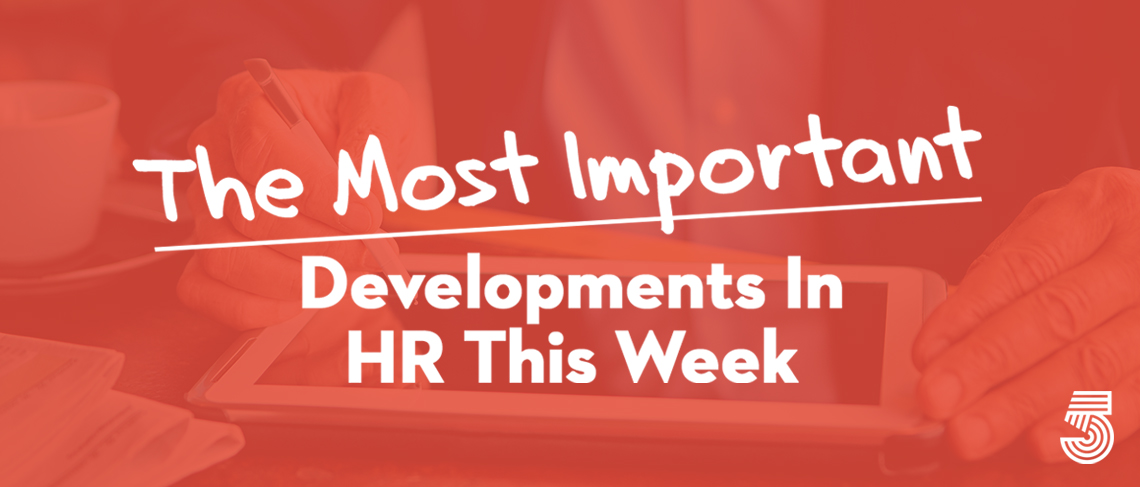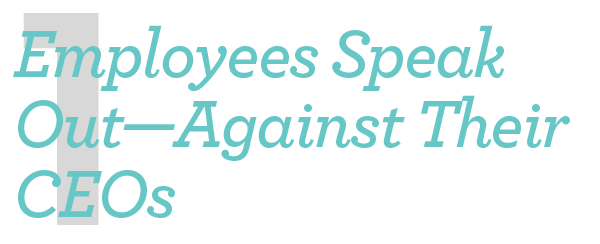
Chief executives routinely face barbs from investors and the media. Now some are dealing with criticism from a group closer to home: their own staffs. By empowering employees to speak out, though, company leaders are opening the door for workers to criticize the boss, said Ronnie Chatterji, a professor of business administration at Duke University who has studied CEO and employee activism. On the whole, internal employee forums can act as a release valve, providing employees a way to give leaders feedback or criticism without necessarily taking their concerns public, said Donald Hambrick, professor of management at Penn State University’s Smeal College of Business. WSJ
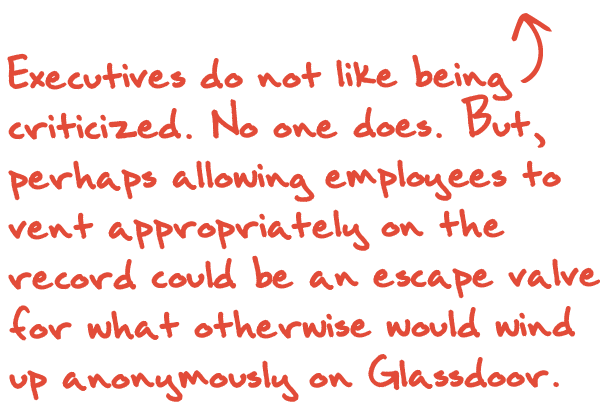
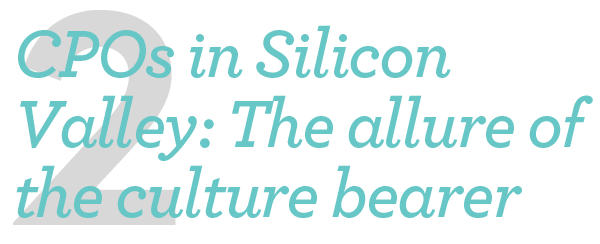
Chief people officers are in high demand in Silicon Valley — “literally every company in Silicon Valley is hiring,” tweeted Lambda School CEO Austen Allred. His observation prompted fellow professionals to chime in with their thoughts and sparked a Twitter conversation. Katelin Holloway, who recently stepped into an advisory role with Reddit after serving as its VP of people and culture, agreed with Allred: “But like actually,” she replied on Twitter. SurveyMonkey Chief Marketing Officer Leela Srinivasan joked that “It’s a good thing they grow on trees.” A former CPO at several New York City-based companies, Rick Pereira, said in a Tweet that he views Allred’s observation as part of a larger picture: “Companies are making this investment earlier and earlier to create an impactful culture foundation.” HR Dive
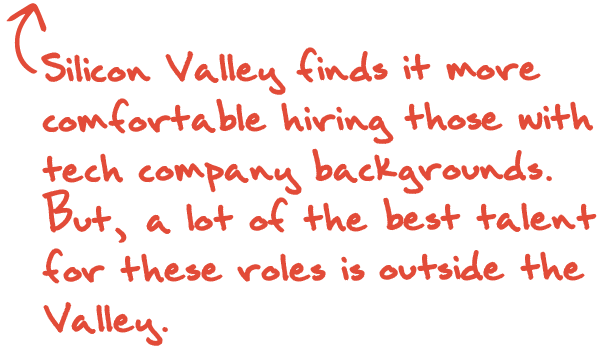
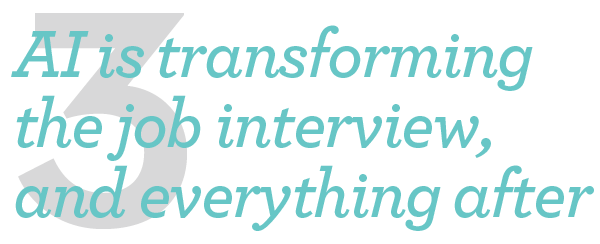
As a job seeker, you might have your application vetted by a Mya Systemschatbot at L’Oréal or PepsiCo. You could respond to an A.I.-crafted job posting vetted by Textio, perhaps at Expedia Group or ViacomCBS. You could be asked to play Pymetrics games not only at Kraft Heinz but also at Unilever or JPMorgan Chase. Your relationship with A.I. may extend past the job offer too. Once hired, you might find yourself filling out employee-engagement surveys designed by Microsoft’s LinkedIn, where your answers could help set your manager’s performance targets. Your employer could tap you for promotion opportunities identified by Workday’s A.I. If you work at an Amazon warehouse and miss your productivity goals, in-house systems could recommend that you be fired. On the other hand, if you work at IBM and plan to quit, in-house systems might guess your plans and warn your managers that they should try to make you happy. Companies are delegating considerable responsibility to these machines, and the list of personnel tasks in which A.I. plays a role is likely only to grow. Low unemployment and tight labor markets are putting employers under pressure to take any technological advantage they can get in the war for talent. Fortune
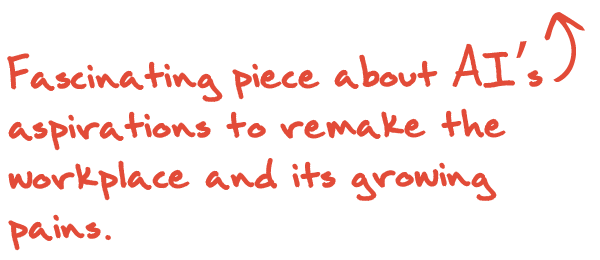
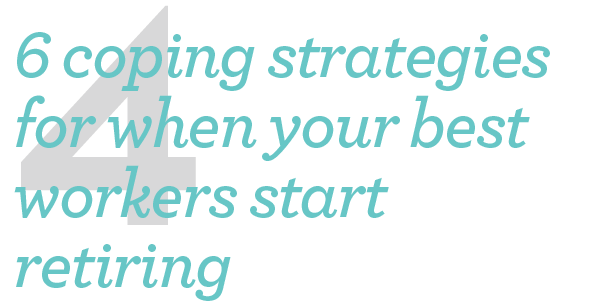
As the master of machining the tricky part of a spoon where the handle meets the bowl, Toby Leonard has been integral to the success of Liberty Tabletop, the last remaining maker of flatware in America. But Leonard is nearly 70 years old and would like to retire, so his singular command of the “grade roll” also poses a dilemma for Sherrill Manufacturing, the company that makes Liberty Tabletop. “This is not something you can just go down to the local vocational college and learn,” says CEO Greg Owens. “It’s a particular skill involving automation that is unique to our factory.” So far, Owens has prevailed upon Leonard to keep coming to the plant in Sherrill, N.Y., at least two days a week. Not only does Leonard need to keep turning spoons, but he’s also still training his two successors. Welcome to the flip side of a prosperous U.S. economy, where Baby Boomers are feeling comfortable retiring from their long-time employers in droves. Yet, companies simply can’t afford to let some of these people go, especially at a time of general labor scarcity. Or, if they do, they face a greater need than ever to absorb the vital knowledge of processes and procedures, hack improvisation and institutional memory that retirees otherwise simply would take out the door with them. SHRM
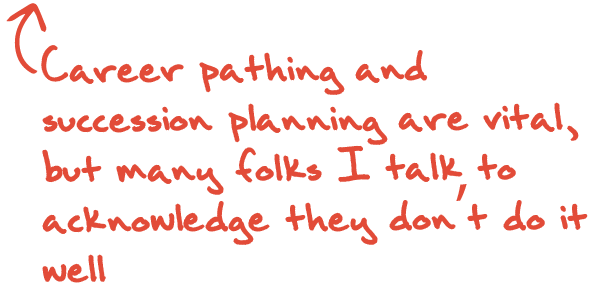
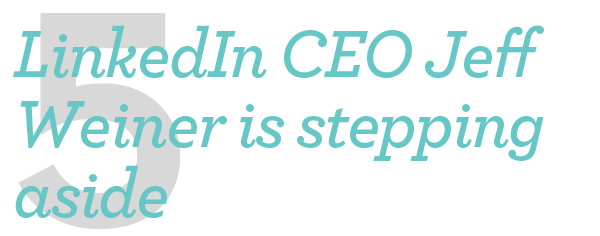
LinkedIn CEO Jeff Weiner will have to update his profile. He’s stepping down from the role after being at the helm for the professional networking service for more than a decade. In an announcement, fittingly posted on LinkedIn, the company said Senior Vice President of Product Ryan Roslansky will become CEO on June 1, 2020. He’s in charge of global product strategy and will report to Microsoft (MSFT) CEO Satya Nadella, just like Weiner currently does (Microsoft owns LinkedIn). “These changes will enable LinkedIn to continue to focus on realizing our vision and mission of connecting the world’s professionals to make them more productive and successful,” the statement said. CNN
